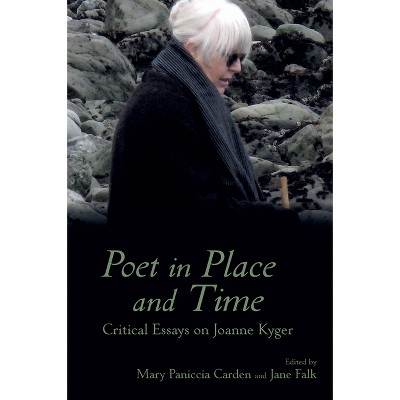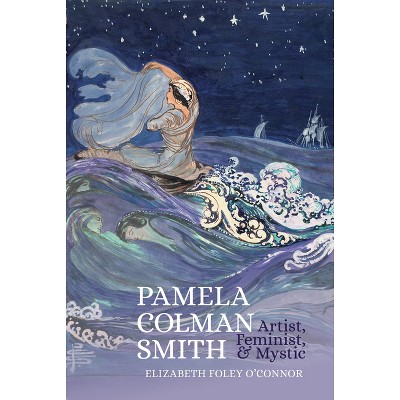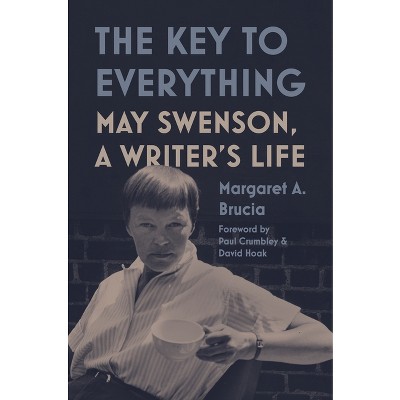Sponsored

The Life of William Collins, Poet - (Clemson University Press: Eighteenth-Century Moments) by Mary Margaret Stewart (Hardcover)
In Stock
Sponsored
About this item
Highlights
- Ebook available to libraries exclusively as part of the JSTOR Path to Open initiative.The Life of William Collins, Poet presents a much-needed biographical study of William Collins based on archival research.
- Author(s): Mary Margaret Stewart
- 280 Pages
- Biography + Autobiography, Literary Figures
- Series Name: Clemson University Press: Eighteenth-Century Moments
Description
About the Book
William Collins's poetry was highly regarded by his contemporaries and by eighteenth-century literary scholars since, but what has been missing is an in-depth biographical study. Through impressive archival discoveries, Mary Margaret Stewart refutes the received portrait of Collins as an impoverished genius and presents new information about his family's finances and wealth, which sustained him throughout his life.
Book Synopsis
Ebook available to libraries exclusively as part of the JSTOR Path to Open initiative.
The Life of William Collins, Poet presents a much-needed biographical study of William Collins based on archival research. Collins's work has long been considered central to understanding the development of English poetry in the eighteenth century, but the poet himself has remained elusive due to the lack of biographical information about him. Drawing upon thorough analysis of records found during decades of archival research, Mary Margaret Stewart delivers new information that deepens and, in some instances, corrects the general understanding of Collins's life, his family, and his friendships.
Stewart's analysis refutes earlier biographical scholarship on Collins. Of particular note is Stewart's examination of Collins's relationship with his uncle Lt. Colonel Edmund Martin, which reveals many details about English military life and politics, the action at Culloden, and why and how war and grief became central subjects to the poet. Also, the account of private madhouses and the treatment of mental illness in the mid-eighteenth-century sheds important light on the poet's last years.
Shipping details
Return details
Trending Non-Fiction











